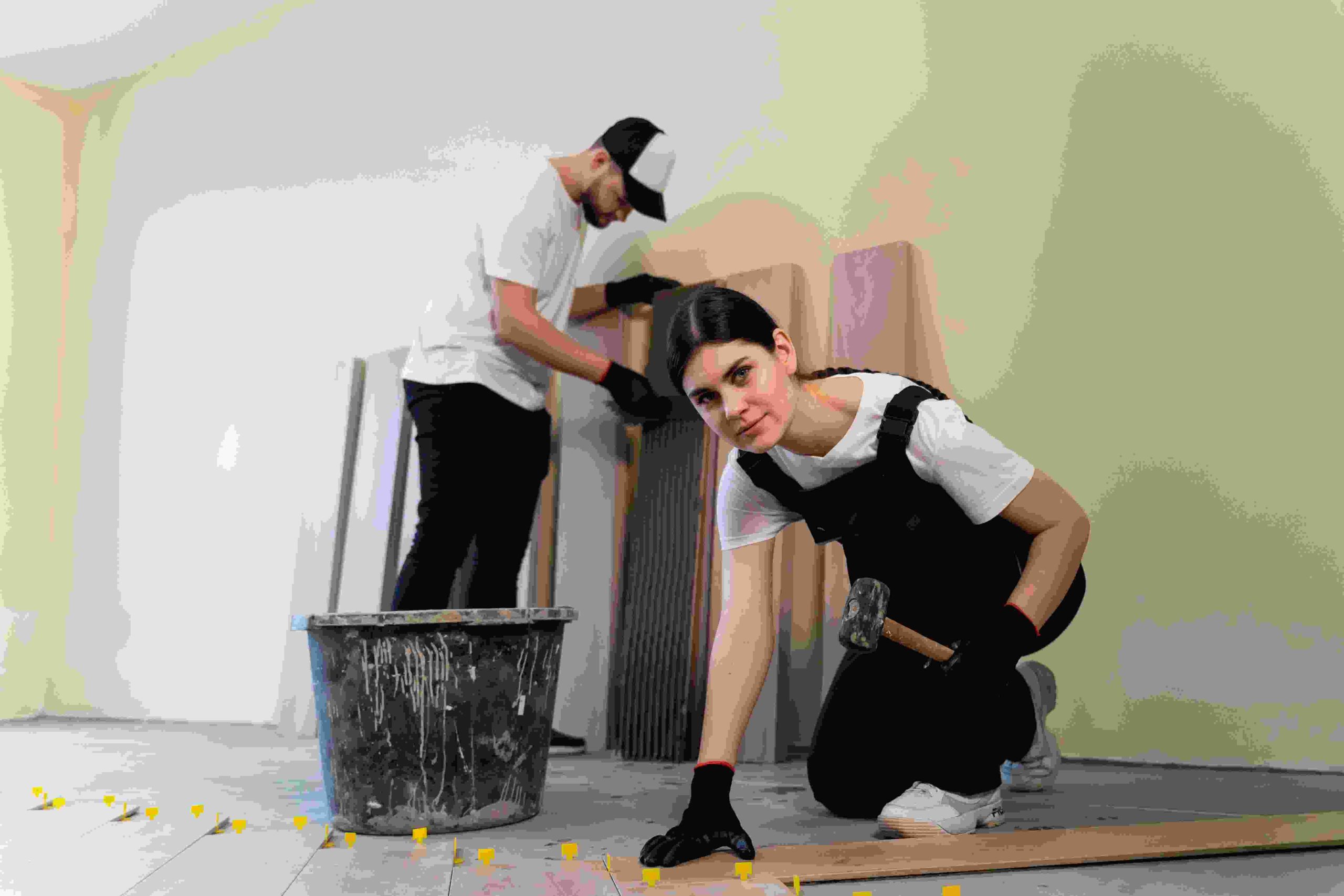Introduction
Housing disrepair claims are an housing disrepair claim recourse for tenants facing inadequate living conditions due to their landlord’s failure to maintain the property. Such claims ensure tenants can seek redress for uninhabitable or unsafe housing conditions, promoting healthier and safer living environments.
What is a Housing Disrepair Claim?
A housing disrepair claim is a legal action taken by claim for housing disrepair landlords who fail to uphold their responsibilities in maintaining the property in a safe and habitable condition. This can include issues like dampness, mold, structural defects, and faulty plumbing or heating systems. When landlords neglect these repairs, tenants have the right to file a claim to seek compensation and ensure the necessary repairs are carried out.
Making a Claim for Housing Disrepair
The process of making a claim for council house disrepair claim involves several steps. Firstly, tenants should report the disrepair to their landlord and provide a reasonable time for the issues to be addressed. If the landlord fails to take action, tenants can then seek legal advice and proceed with a claim.
To support their claim, tenants should gather evidence such as photographs of the disrepair, medical reports if their health has been affected, and any correspondence with the landlord. A solicitor specializing in housing disrepair claims can assist in preparing and submitting the claim, ensuring all legal requirements are met.
Council House Disrepair Claim
Council house disrepair claims specifically relate to properties managed by local councils or housing associations. Tenants living in council houses have the same rights as those in privately rented accommodations to have their homes maintained to a habitable standard. If a council or housing association fails to carry out necessary repairs, tenants can file a council house disrepair claim.
The procedure for making a council house disrepair claim is similar to other housing disrepair claims. Tenants should first report the issues to the council or housing association and allow them time to respond. If the problem persists, legal action can be taken to seek compensation and ensure the repairs are completed.
Compensation in Housing Disrepair Claims
Tenants can receive various forms of compensation through housing disrepair claims. The compensation can cover:
- General Damages: For inconvenience and discomfort caused by living in substandard conditions.
- Special Damages: Covering specific financial losses incurred due to the disrepair, such as higher heating bills or costs for temporary accommodation.
- Injuries to Health: If the disrepair has directly impacted the tenant’s health, medical expenses and compensation for pain and suffering may also be awarded.
The Legal Responsibilities of Landlords
Landlords are legally obligated to maintain their properties in a condition fit for habitation. This includes ensuring the structural integrity of the property, providing adequate heating and sanitation, and addressing any issues that could affect the tenant’s health and safety. Failure to fulfill these responsibilities can result in legal action and significant financial penalties.
The Importance of Timely Action
Tenants experiencing housing disrepair should take timely action to address the issues. Delaying a claim can worsen the living conditions and potentially impact the tenant’s health and wellbeing. Additionally, there are time limits for filing housing disrepair claims, typically within six years from the date the disrepair was reported to the landlord.
Seeking Legal Assistance
Navigating the process of making a housing disrepair claim can be complex, and seeking legal assistance is advisable. Solicitors specializing in housing disrepair claims can provide expert guidance, ensuring that the claim is properly documented and submitted. They can also represent tenants in negotiations or court proceedings, increasing the likelihood of a successful outcome.
In conclusion, housing disrepair claims are a vital tool for tenants to ensure their living conditions meet legal standards. By understanding their rights and the process for making a claim, tenants can seek necessary repairs and appropriate compensation, ultimately promoting better living conditions and landlord accountability.

